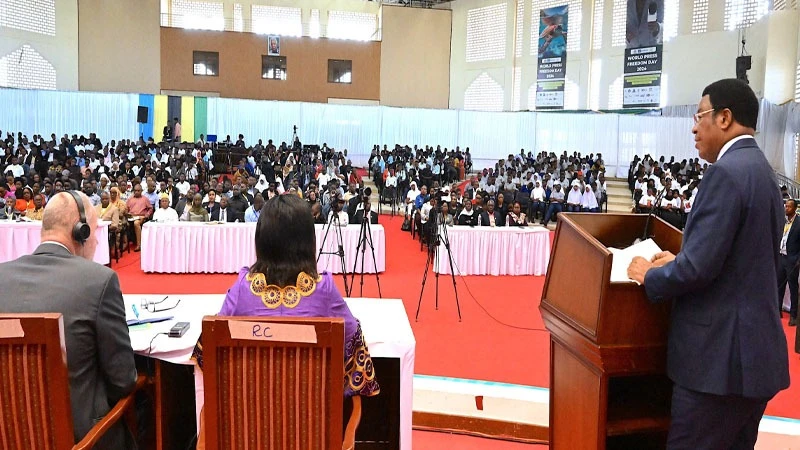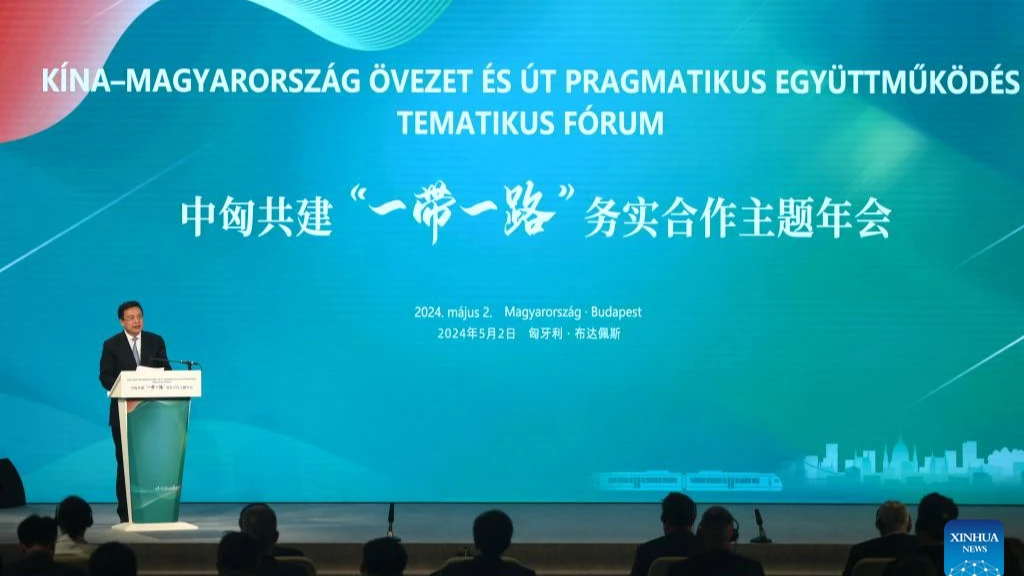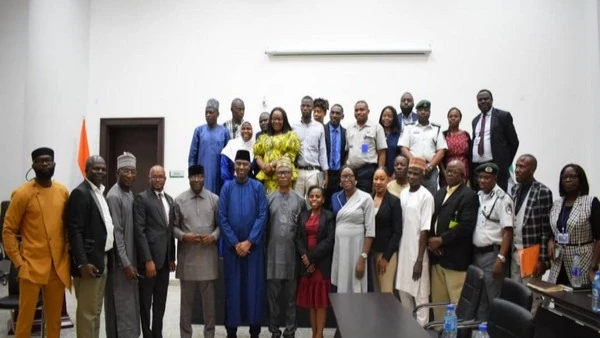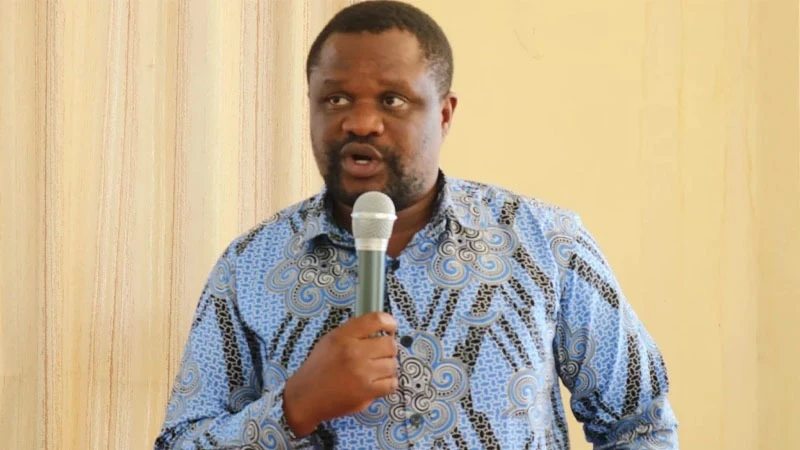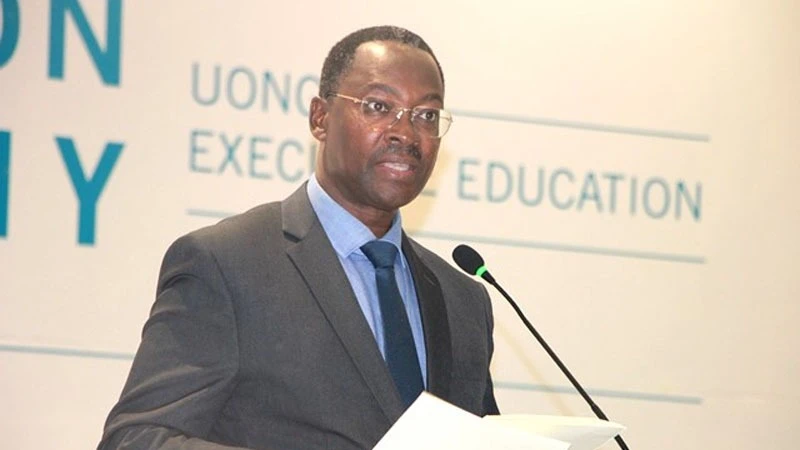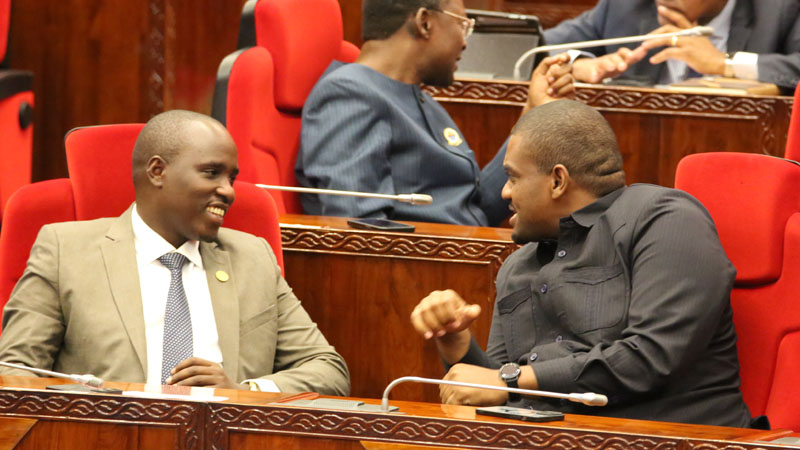HakiElimu makes recommendations ahead of education budget
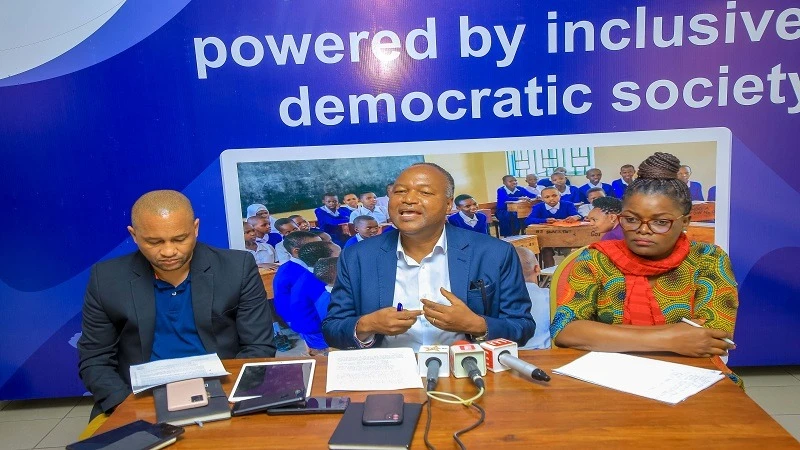
HAKIELIMU has made five recommendations on effective budget for education sector in the financial year 2024/2025 for successful implementation of the new primary and secondary education curriculum.
Dr John Kalage, HakiElimu executive director, made the recommendations in Dar es Salaam yesterday as he briefed journalists on the organisation’s pre-budget key points for this year’s education sector budget expected to be tabled in the National Assembly next month.
He said the government should bear full responsibility of ensuring sufficient budget for printing and distribution of textbooks in schools based on the analysis indicating that many schools, especially public ones, have not yet received hard copies of the new textbooks for implementation.
“We are aware that the government has been retaining 40 percent of subsidy for textbook distribution which, however, has proven to be insufficient. The government should establish a special distribution plan for textbooks in schools with specific timeline for completing this task. This plan will assist schools, teachers and communities in planning and contributing in areas where the government may delay reaching,” he said.
Dr Kalage said that the new curriculum has brought additional responsibilities for teachers at both levels of primary and secondary schools, adding that to ensure the effective implementation of the new curriculum, all teachers not only need to understand it well but also need to be capacitated on how to implement it effectively.
“HakiElimu proposes that since it is crucial for every teacher to understand and receive training on implementation of the new early childhood and primary school curriculum, the government should come up with a clear budget plan showing how all primary school teachers nationwide will be reached and trained; 4,900 teachers are a very small number compared to over 200,000 teachers currently in primary schools and eligible for the training,” he said.
Making a reference to the Curriculum Training Director at the Tanzania Institute of Education (TET) at the end of November 2023, 4,900 teachers were expected to receive training on the implementation of the new early childhood and primary education curriculum which officially began in January 2024. The teachers were from Iringa Region (1,832), Mwanza Region (2,100), and Dar es Salaam and the Coast Region (1,110).
According to the Government Education Statistics (GEST 2022), there were a total of 197,919 primary school teachers in the country, with 171,993 teachers in public schools and 25,926 teachers in private schools and all are eligible for in-service training on execution of the new curriculum.
With budgeting for a thorough revision of Education Act (2002) and development of the Fourth Education Sector Development Plan (ESDP IV), the director recommended for the government through the Ministry of Education to set budget and plan for commencement of development of the Fourth Education Development Plan during the financial year 2024/2025.
On the aspect of integration of technology in the implementation of the new education curriculum, he said it was evident that effective implementation of the new curriculum, especially in execution of vocational pathway and practical education aspects, will heavily rely on the use of technology and technological tools. Since this curriculum is a tool to drive this nation towards 2050, the implementation framework must clearly embrace the use of technology from grassroots level.
“While HakiElimu commends the government for such initiatives which also involve the establishment and development of 800 centres in primary schools or teacher centres for delivering ICT-based training through digital libraries and online learning management systems, we urge the government to ensure that these plans are inclusive and implemented in all schools to provide equal opportunities for every child in the country to access quality education,” he said.
He called on the government’s reassessment and approval of new grant amounts for schools as the capitation grant should address the costs of ongoing maintenance of tools, equipment and materials used in technical training programmes to facilitate the provision of practical education. Schools will now need workshops and laboratories with equipment that will undoubtedly incur costs in maintenance and repair.
Top Headlines
© 2024 IPPMEDIA.COM. ALL RIGHTS RESERVED








